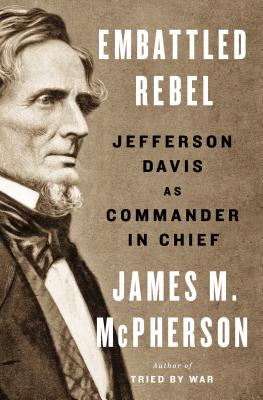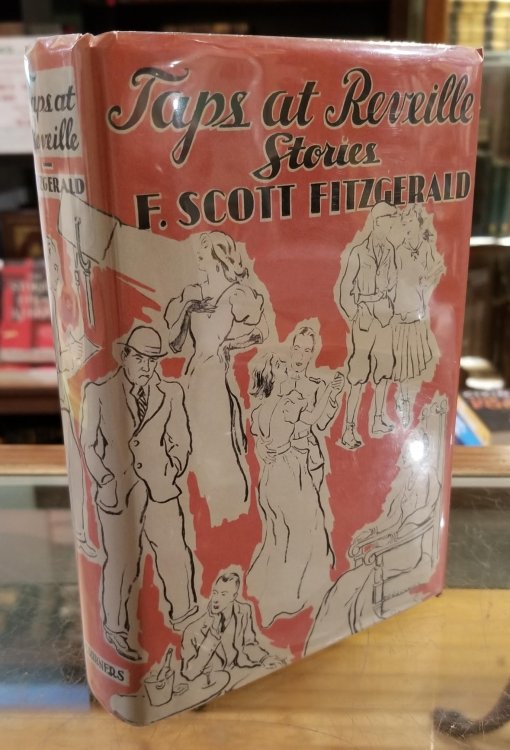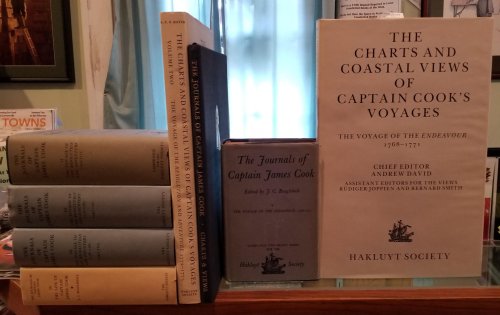
Embattled Rebel: Jefferson Davis as Commander in Chief
$27.88 USD • New
1594204977 Beautiful, Un-Read, Absolutely, Like New Book, Pristine And Beautiful. Book Is Mint And True New Condition. Beautiful, Like New Book! Not Remainder. Not Ex-Library. This Is A New Book. ...
Store: Act2Books [View Items]
1594204977 Beautiful, Un-Read, Absolutely, Like New Book, Pristine And Beautiful. Book Is Mint And True New Condition. Beautiful, Like New Book! Not Remainder. Not Ex-Library. This Is A New Book. First Edition
From Publisher:
From the Pulitzer Prize winningauthor of Battle Cry of Freedom, a powerful new reckoning withJefferson Davis as military commander of the ConfederacyHistory has not been kind to Jefferson Davis. Hiscause went down in disastrous defeat and left theSouth impoverished for generations. If that causehad succeeded, it would have torn the UnitedStates in two and preserved the institution ofslavery. Many Americans in Davis s own time and inlater generations considered him an incompetentleader, if not a traitor. Not so, argues James M.McPherson. In Embattled Rebel, McPherson shows usthat Davis might have been on the wrong side ofhistory, but it is too easy to diminish him because ofhis cause s failure. In order to understand the CivilWar and its outcome, it is essential to give Davis hisdue as a military leader and as the president of anaspiring Confederate nation.
Davis did not make it easy on himself. Hissubordinates and enemies alike considered himdifficult, egotistical, and cold. He was gravely illthroughout much of the war, often working fromhome and even from his sickbed. Nonetheless, McPherson argues, Davis shaped and articulatedthe principal policy of the Confederacy with clarityand force: the quest for independent nationhood.Although he had not been a fire-breathingsecessionist, once he committed himself to aConfederate nation he never deviated from thisgoal. In a sense, Davis was the last Confederate leftstanding in 1865.
As president of the Confederacy, Davis devotedmost of his waking hours to military strategy andoperations, along with Commander Robert E.Lee, and delegated the economic and diplomaticfunctions of strategy to his subordinates. Daviswas present on several battlefields with Lee andeven took part in some tactical planning; indeed, their close relationship stands as one of the greatmilitary-civilian partnerships in history.
Most critical appraisals of Davis emphasizehis choices in and management of generals ratherthan his strategies, but no other chief executive inAmerican history exercised such tenacious hands-oninfluence in the shaping of military strategy.And while he was imprisoned for two years afterthe Confederacy s surrender awaiting a trial fortreason that never came, and lived for anothertwenty-four years, he never once recanted thecause for which he had fought and lost. McPhersongives us Jefferson Davis as the commander in chiefhe really was, showing persuasively that whileDavis did not win the war for the South, he wasscarcely responsible for losing it."
Product Info
ISBN: 1594204977
ISBN-13: 9781594204975
Publisher: Penguin Press
Year: 2014
Type: New
Binding: Hardcover
First Edition
Seller Info
Act2Books
Address: 24 Central Avenue Flemington, New Jersey
Website: https://www.act2books.com
Country: United States








